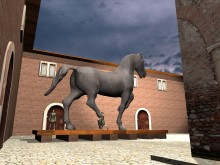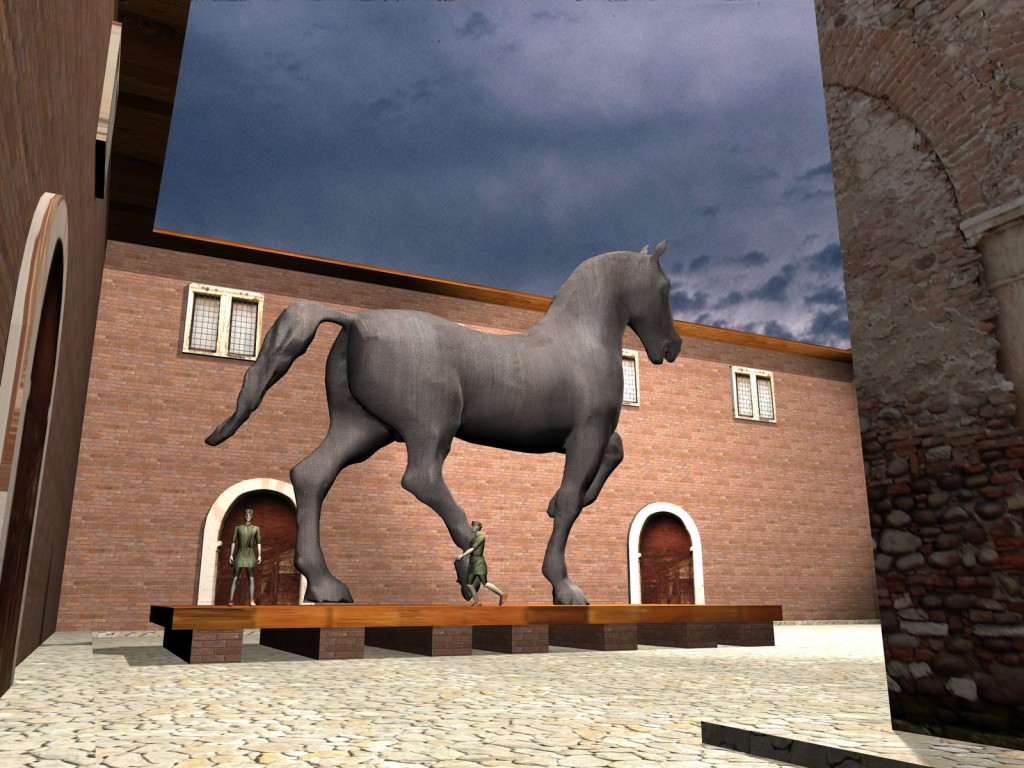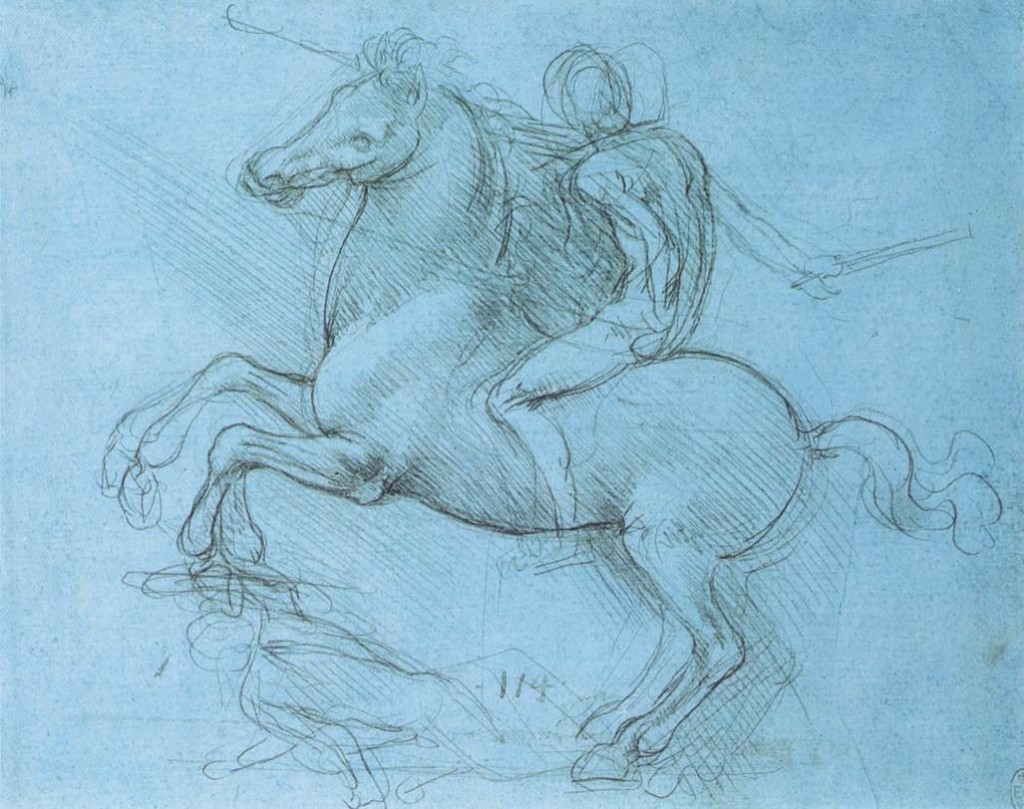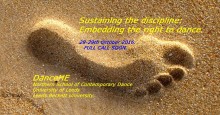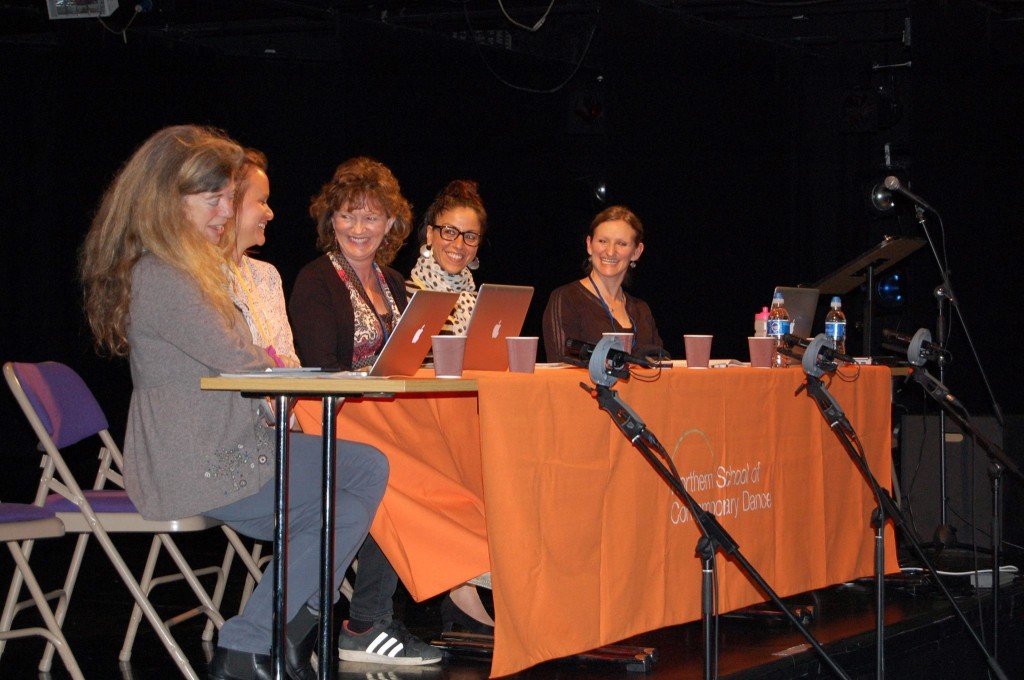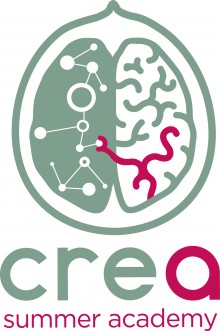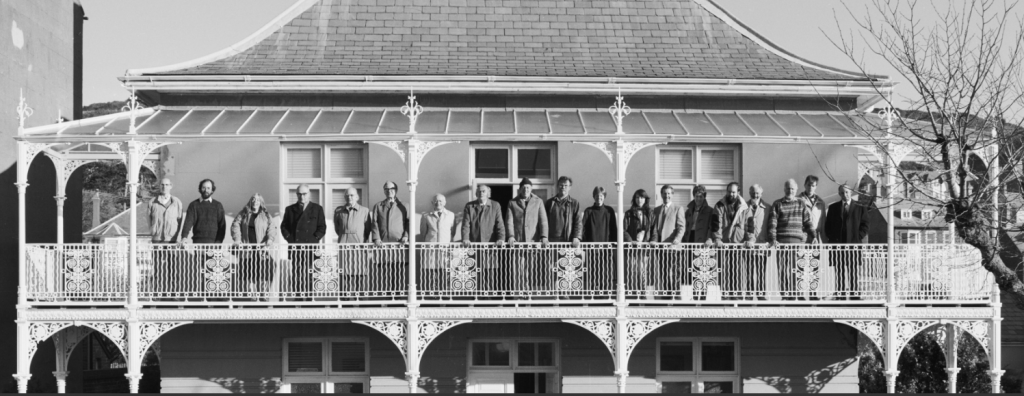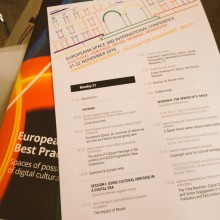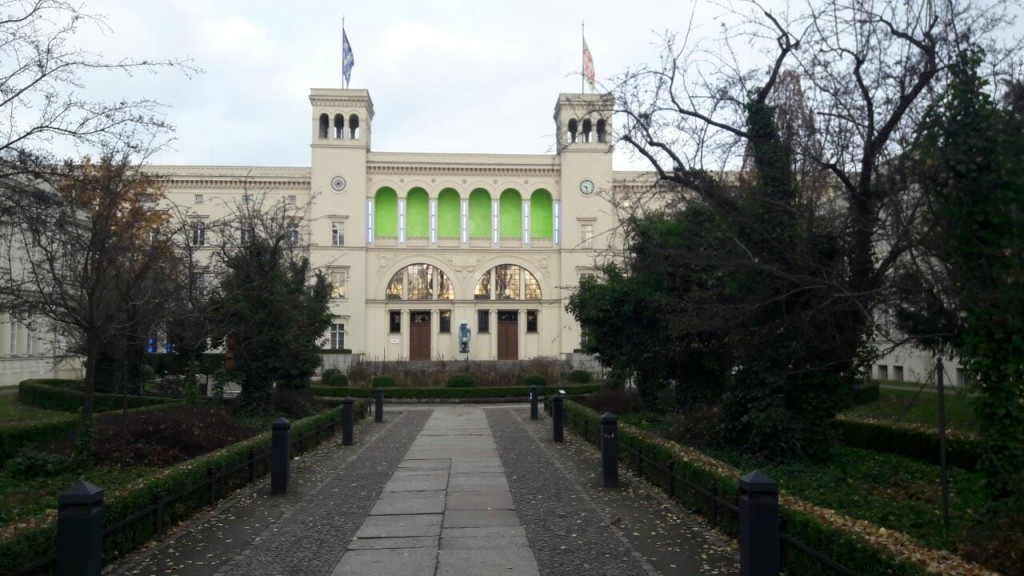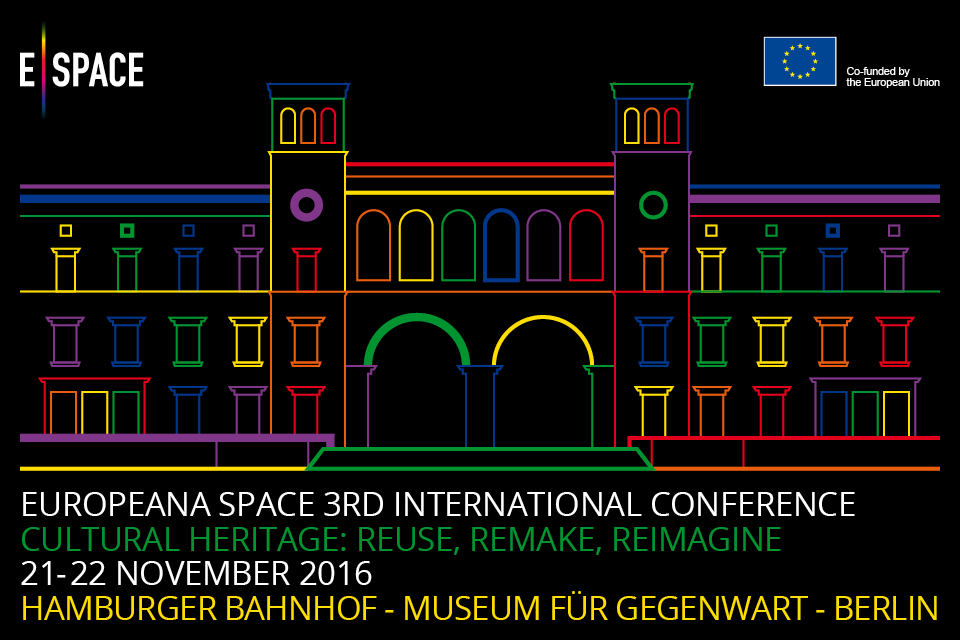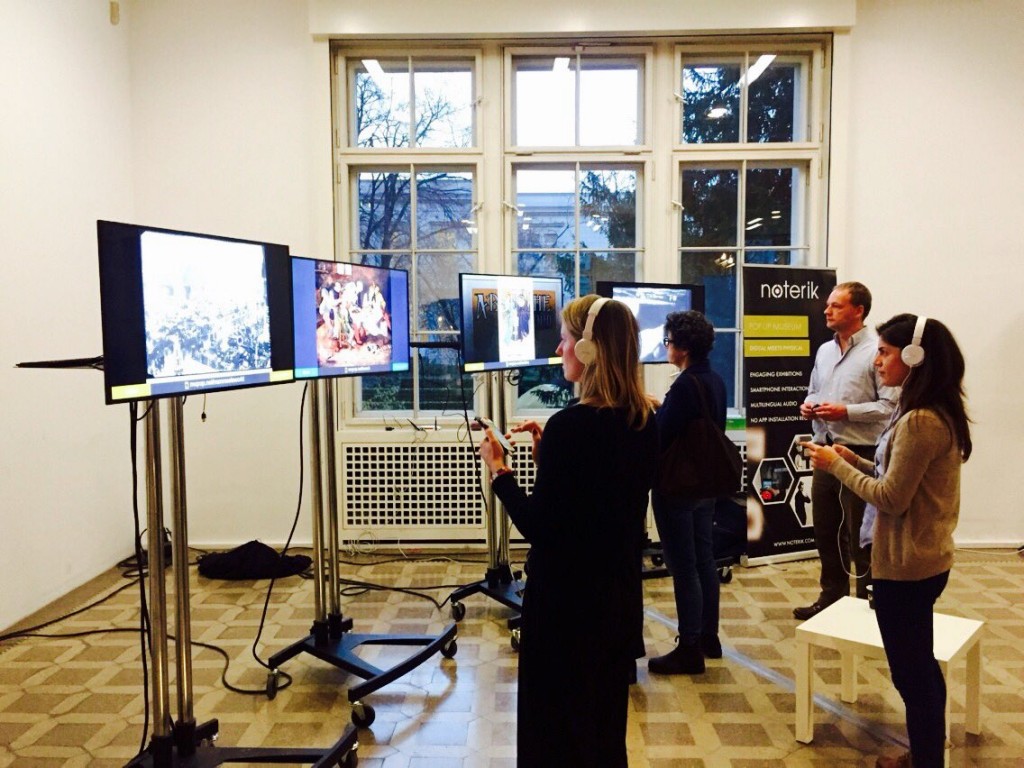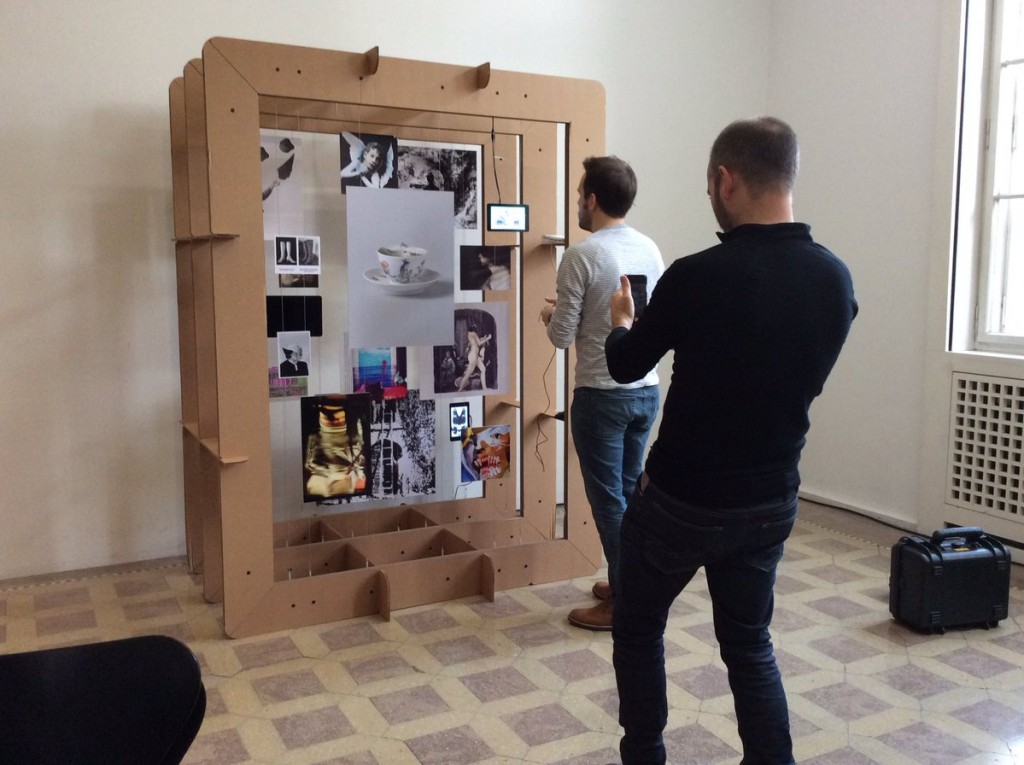The European Union is at yet another crossroad after the Brexit referendum’s results, the overall rise of the Far Right in several EU countries, while another migrant and refugee flows crisis is still looming. Indeed the EU once more needs an Escape to the Future – it needs to creatively rethink what it is that holds us Europeans together, what sets us apart, how we are different from other continents, what is unique in our culture, and indeed how do we deal with our conflicts and diversity.
Coming up with new ideas on Europe’s identity and cultural heritage can indeed be a lever for social innovation which can improve quality of life, feelings of security and of trust across Europe, and may also boost economic activity.
1-2 December 2016
European University Institute, Florence
Venue: Sala Europa, Villa Schifanoia, Via Boccaccio 121 – Firenze
Registration here: http://culturalbase.eu/workshop-2/
This workshop is the last of a series of encounters between researchers, stakeholders and policy makers in the wider field of European cultural studies, organised under the auspices of the CulturalBase Platform. Building on our previous work, we propose here a set of topics which put forward priorities for future research and policy programmes. Our aim is to discuss this with cultural heritage managers/decision makers – people coming from both public and private organisations who make decisions and create synergies in this domain about projects, programmes and policies. At the same time we are involving in
the discussion grassroots stakeholders: smaller organisations but also larger networks that work on the ground with heritage and the arts. The scope of the workshop is to engage in dialogue and build a new research and policy agenda for European cultural heritage and for European identities.
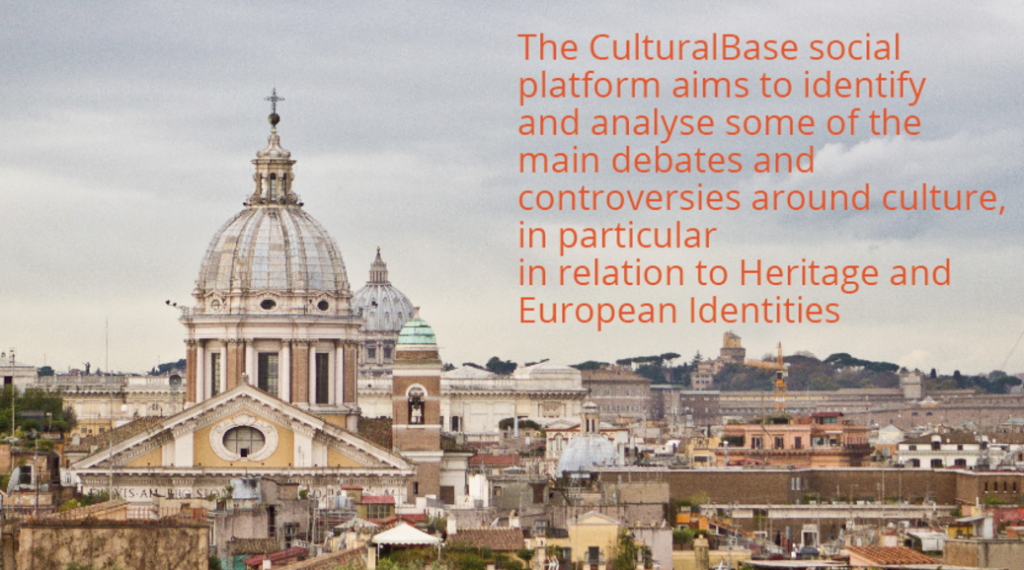
The workshop is organized by the Global Governance Programme of the European University Institute, Robert Schuman Centre for Advanced Studies in
the framework of the Cultural Base: Social Platform on Cultural Heritage and European Identities project, funded by Horizon 2020.
More about Cultural Base: http://www.culturalbase.eu/
The workshop’s programme (PDF, 407 Kb)


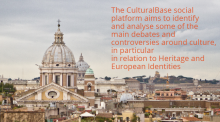


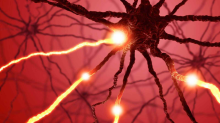
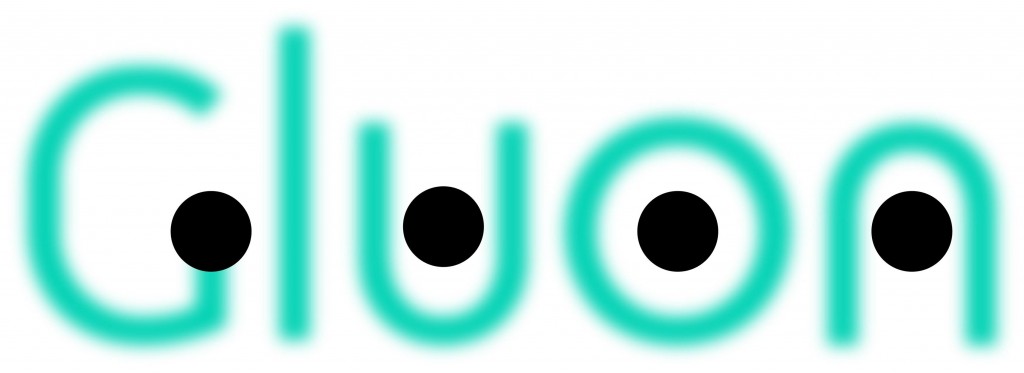
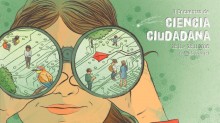

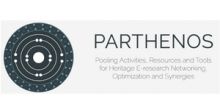 The day before, 14th December in the afternoon, a workshop reserved to partners and invitees from project PARTHENOS will be held in nearby Prato. More info
The day before, 14th December in the afternoon, a workshop reserved to partners and invitees from project PARTHENOS will be held in nearby Prato. More info 